10 Perimenopause Signs - How To Know If You Are In Perimenopause
Women tell me all the time that they had no idea that the symptoms they were experiencing were perimenopause signs and always thought they were too young for perimenopause. It may be a surprise to you but the average age of menopause is 52 years old and perimenopause is the time leading up to that…which can be 8-10 years on average. This means that by late 30’s and early 40’s, you are likely starting perimenopause. So, in an effort to help more women recognize the perimenopause signs, here are the 10 most common ones:
1. Sweating
Hot flashes are probably the most hallmark symptoms of perimenopause and one that most women have heard of. However, most women may not even realize that they are having hot flashes. Perhaps it is more sweat than you are used to or waking up in the middle of the night really sweaty. Or it can feel like a really intense, deep heat inside your body. But if you find yourself warm more often and sweating frequently, this could indicate you’re in perimenopause
2. Dryness During Sex
Women can experience dryness issues at any point in their life so it doesn’t necessarily mean you are in perimenopause. However, if the dryness issues are more recent or getting worse, this could be a sign for you. Dryness occurs as estrogen levels lower and any tissue that secretes mucus, starts to produce less and less. If you are getting that sandpaper feeling, using a good quality lubricant will help protect the tissue and get rid of any discomfort. If it doesn’t, then I would highly recommend seeking out a pelvic floor physical therapist to help you have pain-free, enjoyable, sex!
3. Chin Hair
Noticed new, annoying chin hairs on your face recently? When estrogen lowers significantly during perimenopause, it results in a disproportionate level compared to testosterone. This can lead to unwanted facial hair. In addition, you may be noticing hair thinning on the scalp for the same reasons.
4. Irregularity in Your Cycle
Your menstrual cycle acts like a report card for your body to tell you what’s going on. When there starts to be fluctuations in your cycle such as increased or decreased time between periods or differences in the length of your period, this is indicating some type of hormone imbalance. While irregularity can signal other issues or imbalances for other reasons, if it is unusual for you or changing, it could be a perimenopause sign.
5. Heavy Menstrual Flow
Another change in your period that is a perimenopause sign is a heavy flow, especially if it is unusually heavier than your “normal” period. During perimenopause, the fluctuating hormone levels can result in these menstrual cycle changes. Some women experience significant “gushing” that can be very sudden without warning during perimenopause. Heavy bleeding is never normal and indicates hormone imbalances, fibroids, or other disorders. If you are experiencing changes, it is best to see your physician to determine the cause of it.
6. Unexplained Weight Gain
When nothing has changed within your diet or activity levels yet, you have gained 10-15 pounds, this can be a sign of the hormone fluctuations of perimenopause. For most women, if they are not consistently strength training prior to perimenopause, they lose muscle mass and bone density once their hormones start to fluctuate. This lowers your metabolism and can result in weight gain. Lower estrogen levels also cause a redistribution of body fat leading to an increase in abdominal fat.
7. Insomnia
Struggling to fall asleep or stay asleep? Changes to your nervous system from hormone changes can cause insomnia. The fluctuating levels of progesterone and estrogen can also cause insomnia as well as hot flashes that may be waking you up at night. Practicing good sleep hygiene with consistent sleep times, a cool, dark room, and avoiding big meals and/or sugary treats right before bed can help combat insomnia.
8. Brain Fog
Another perimenopause sign is brain fog or forgetfulness. While researchers are unsure of the true cause of brain fog, it is likely several factors interplaying. Since sleep disturbances are common during perimenopause, most women are not getting adequate sleep needed for proper cognitive function. Yes, the brain fog is real but for now, just know that it is a sign of perimenopause.
9. Changes in Mood
Similar to brain fog, changes in mood such as depression and anxiety, have been shown to be correlated to perimenopause. However, the true reason is not known. Again multiple factors could be contributing to any mood changes but just know it is common and you are not alone with these mood issues.
10. UTIs
As mentioned above, lower estrogen means lower mucus secretion. This also happens within the urethra which makes it easier for bacteria to travel inside it. Vaginal pH changes are also common during perimenopause which can alter the bacterial environment making women susceptible to UTIs.
If you have multiple of these perimenopause signs, it is likely you are going through perimenopause. If you want to learn more about what you can do to help ease the symptoms of perimenopause, check out our blog post here.


